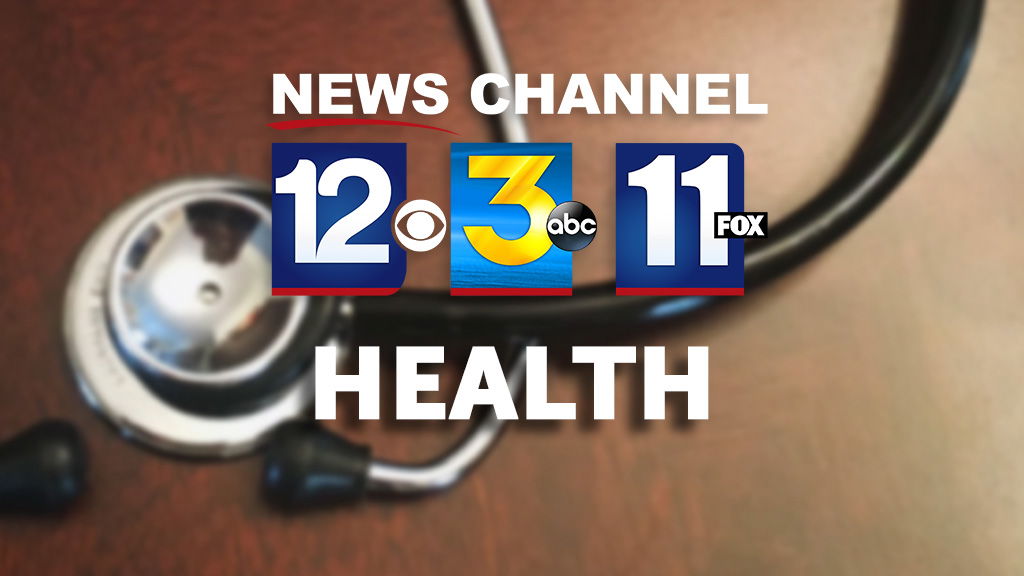Little sign of fraudulent COVID-19 tests in Canada among travellers, despite warnings

Click here for updates on this story
TORONTO, Ontario (CTV News) — The federal government says the Canadian Anti-Fraud Centre has received only one report of a travel-related falsified COVID-19 test certificate, despite warnings from other countries.
Under rules implemented Jan. 7 to help limit the spread of COVID-19, Canada requires all arriving air passengers to provide proof of a negative pre-departure PCR test before entry. The Public Health Agency of Canada (PHAC ) told CTVNews.ca on Wednesday that it has received two reports related to falsified tests since then, but only one was linked to someone who flew into Canada and the other related to phone spoofing.
The Canadian Anti-Fraud Centre told CTVNews.ca on Thursday that it received a report earlier this month from someone who travelled to Mexico about a potentially “bogus testing company.”
The agency said the individual believes they were directed to this allegedly fraudulent testing centre after the original clinic they tried to get a COVID-19 test from was booked.
“The testing clinic was full and they subsequently were connected to what they believe was a bogus testing company. They paid to get testing done and were able to board a plane the next day to come home,” the agency said in an email.
The Canadian Anti-Fraud Centre said the narrative of the incident is “not completely clear in terms of exactly what happened.”
In the second report, the Canadian Anti-Fraud Centre said a Canadian reported that they were receiving numerous spoofed calls asking about COVID-19 testing.
Despite growing warnings from other countries seeing a rise in the fake documents, the PHAC said Canada continues to take “unprecedented action to protect the health and safety of Canadians by introducing new measures to help prevent” further transmission of COVID-19 and its new variants.
Instead of securing a negative PCR test, which may be difficult in time for departure, some travellers are buying counterfeit test results at the airport, from travel agents or online, according to reports from across Europe and South America.
The European Union’s police agency issued a warning on Monday for travellers to watch for organized crime gangs making illicit sales of these falsified certificates.
“As long as travel restrictions remain in place due to the pandemic, it is very likely that criminals will seize the opportunity of producing and selling fake COVID-19 test certificates,” Europol said in a statement.
“Given the widespread technological means available in the form of high-quality printers and different software, fraudsters are able to produce high-quality counterfeit, forged or fake documents,” it added.
The warning from Europol comes after police reported “several cases” of fraudulent travel certificates being sold at airports in the U.K. and France, as well as online in Spain and the Netherlands.
In October, French police broke up a forgery ring at Charles de Gaulle airport selling counterfeit test results for US$180 to $360 apiece.
Most recently, Europol says a man was arrested on Jan. 22 at Britain’s Luton Airport on suspicion of selling falsified COVID-19 documents. In Spain, officials say they arrested a man selling forged papers online, while Europol says scammers in the Netherlands were doing the same through mobile messaging apps.
Canada Border Services Agency (CBSA) told CTVNews.ca on Wednesday that officers are “aware that fraudulent COVID-19 test results are being produced and that some travellers may attempt to use such fraudulent documentation when seeking entry to Canada.”
CBSA said in an emailed statement that its officers are “trained in examination techniques” to ensure the documentation required to enter Canada is “valid and authentic.”
The agency added that it is “working closely” with international and domestic partners, including Transport Canada, to detect and intercept suspected fake COVID-19 test certificates “before travellers land on Canadian soil.”
“All travellers should be aware that providing false information to a Government of Canada official upon entry to Canada or making false or fraudulent attempts is a serious offence and may result in penalties and or criminal charges,” the CBSA said.
The agency warned that violating any instructions provided to travellers when entering Canada may have “serious consequences” and failure to comply with the current border entry restrictions is an offence under Canada’s Quarantine Act and could lead to up to six months in prison and $750,000 in fines.
CBSA said any traveller who causes a “risk of imminent death or serious bodily harm to another person while wilfully or recklessly contravening” the Quarantine Act could receive a fine of up to $1,000,000, three years of jail time, or both.
Please note: This content carries a strict local market embargo. If you share the same market as the contributor of this article, you may not use it on any platform.
ctvnews.caproducers@bellmedia.ca
